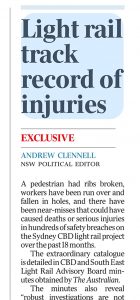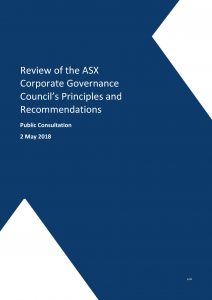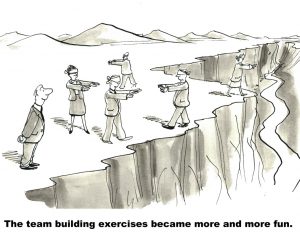 Years ago I was advised how to read a newspaper article – the first two paragraphs and the last. The exclusive front page article in The Australian ($ paywalled) on August 15 2018 about occupational health and safety (OHS) management at Sydney’s light rail construction project is a good example of what journalists choose to write and what they are obliged to write.
Years ago I was advised how to read a newspaper article – the first two paragraphs and the last. The exclusive front page article in The Australian ($ paywalled) on August 15 2018 about occupational health and safety (OHS) management at Sydney’s light rail construction project is a good example of what journalists choose to write and what they are obliged to write.
“A pedestrian had ribs broken, workers have been run over and fallen in holes, and there have been near-misses that could have caused deaths or serious injuries in hundreds of safety breaches on the Sydney CBD light rail project over the past 18 months.
The extraordinary catalogue is detailed in CBD and South East Light Rail Advisory Board minutes obtained by The Australian.”
and





